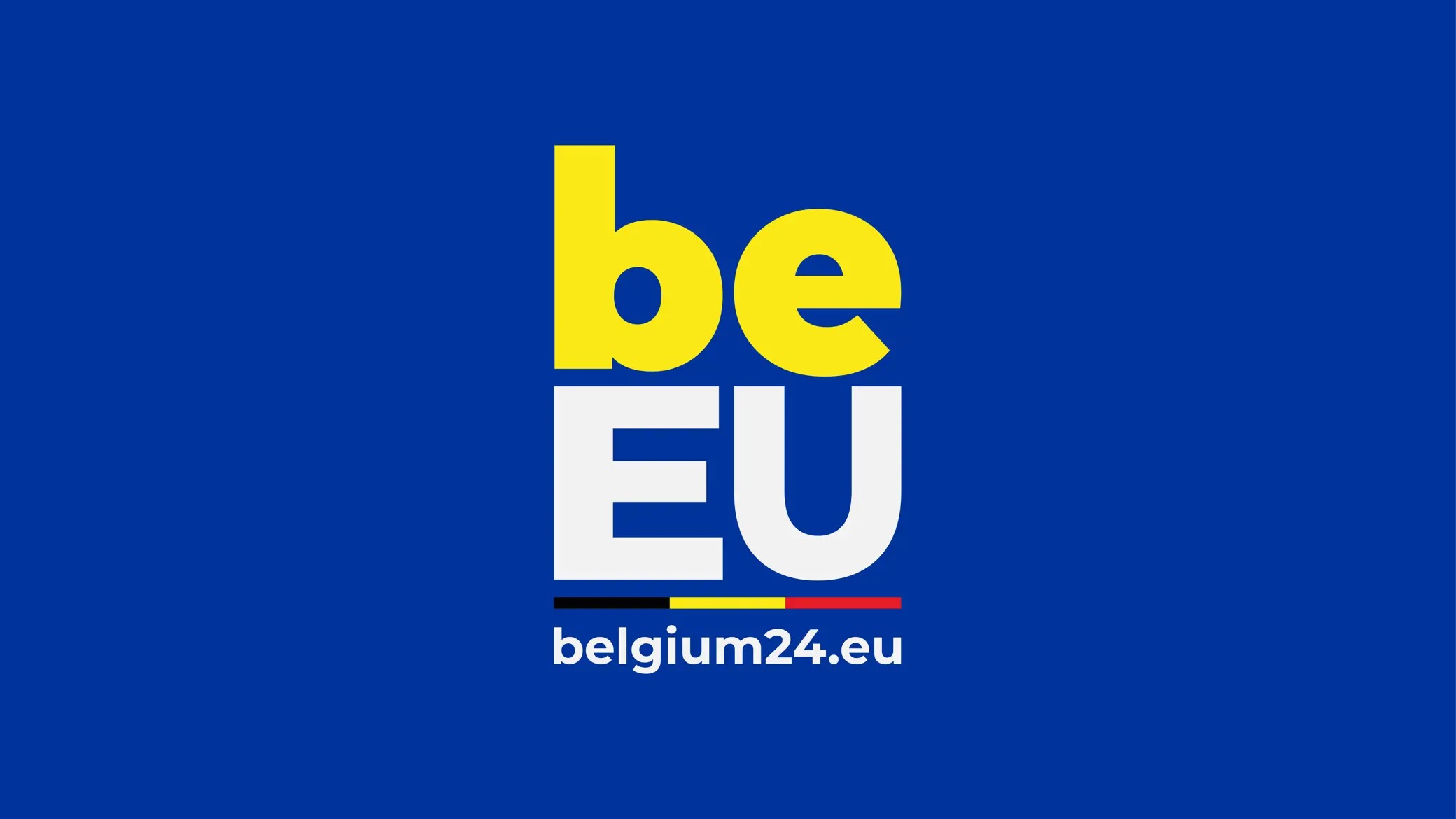- The commonly used abbreviation COSAC is derived from the original French name – Conférence des Organes Specialisés dans les Affaires Communautaires. It is a forum for the cooperation and information exchange between national parliaments of the EU Member States and the European Parliament, in particular on the practical aspects of parliamentary scrutiny in EU matters, which was established in May 1989 in Madrid. The first COSAC meeting was held on 16-17 November 1989 in Paris.
- According to the Rules of Procedure adopted by the XLV COSAC on 29-31 May 2011 in Budapest, COSAC holds two ordinary meetings per year, during each Presidency of the EU Council, in the state holding the Presidency. The meeting is preceded by a meeting of the Chairpersons of the European Affairs Committees of parliaments of the EU Member States and the EP representatives. In addition, an extraordinary meeting may be convened by an absolute majority of the Chairpersons of the Committees and the representatives of the European Parliament.
The Conference is supported by a permanent Secretariat established in 2003. COSAC documents are drawn up in English and French, each version being equally authentic. - Each national parliament is represented by a maximum of six members of its European Affairs Committee(s). The European Parliament is also represented by six members, including a Vice-President and the Chair of the Committee on Constitutional Affairs. Observers can be invited to the meetings.
From 1997, representatives of the Polish parliament and of the parliaments of other candidate states participated in the COSAC meetings as observers. Since 2004, the Sejm and the Senate have been represented by members of the Bureaus of their European Affairs Committees. - In 1997, COSAC’s responsibilities were included in the Protocol [No 9] on the role of national parliaments in the European Union, annexed to the Treaty of Amsterdam, thus incorporating this structure into the EU primary law. By virtue of this Protocol, COSAC could consider any draft legal act in connection with the establishment of the area of freedom, security and justice, which might have a direct impact on the rights and liberties of individuals. It could also submit its contributions on the Union’s legislative activities to the European Parliament, the Council and the Commission, especially with regard to the application of the principle of subsidiarity, the area of freedom, security and justice, and issues relating to fundamental rights.
- The Protocol [No 1] on the role of national parliaments in the European Union, annexed to the TEU and the TfEU under the Treaty of Lisbon (2009), does not specify the areas of the Union’s activity on which the conference should focus its attention. It emphasises, however, that the conference promotes the exchange of information and best practice between national parliaments and the European Parliament, including their special committees, and may organise interparliamentary conferences on specific topics, in particular to debate matters of common foreign and security policy, including common security and defence policy. COSAC may also submit any contribution it deems appropriate for the attention of the European Parliament, the Council and the Commission. These contributions do not bind national parliaments and do not prejudge their positions.
According to its Rules of Procedure (point 7.5), COSAC seeks to adopt contributions by broad consensus. If this is not possible, contributions are adopted with a qualified majority of at least 3/4 of the votes cast (each delegation has two votes). This majority of the votes cast must at the same time constitute at least half of all votes. Contributions are published in the Official Journal of the EU, series C. - COSAC has largely contributed to increasing the exchange of information and best practice between national parliaments with regard to parliamentary scrutiny of the activities of their own governments related to EU matters. In 2003, COSAC adopted its “Copenhagen Parliamentary Guidelines”, which laid down minimum standards for effective parliamentary scrutiny of governments in Community issues. As noted in that document, it is up to each parliament to decide on the extent to which the guidelines should be followed.
- From 2004 onwards, COSAC intensified the exchange of good practice through comparative studies in the bi-annual reports prepared by the COSAC Secretariat on the basis of questionnaires completed by parliaments. The topics covered in the reports include the role of national parliaments in the EU, parliamentary oversight (mechanisms, tools, practices), the attitude of parliaments to the most important EU issues (e.g. ecological and digital transformation, the role of parliaments when confronted with Russia's invasion of Ukraine, open strategic autonomy, democracy and the rule of law in Europe).
- During the Conference on the Future of Europe (CoFE), 2021-2022, the three COSAC Presidencies (current, previous and incoming) represented national parliaments on the CoFE Executive Board. The 38th Bi-annual Report of COSAC described the methods of cooperation between parliaments and the CoFE during its term and the attitude of parliaments to the Conference's final proposals in the scope of institutional matters and democratic procedures, including citizens' participation.
Updated: 23.04.2024
* The new name, changed by virtue of the COSAC's Rules of Procedure, has been applied since 04.08.2011. Previously: Conference of Community and European Affairs Committees of Parliaments of the European Union. The acronym COSAC remained unchanged.


